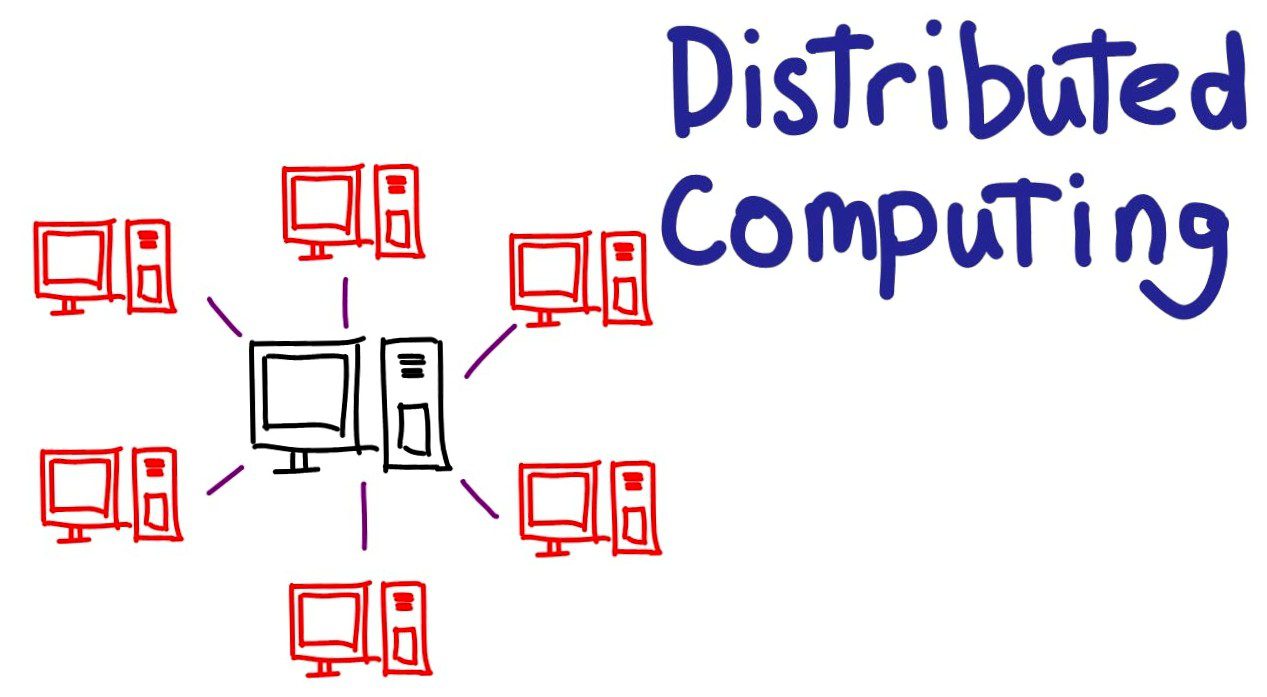Edge computing, also known as extension processing is gaining momentum in computing. Decentralized processing of data is a key aspect of this, which is proving extremely useful in numerous application areas such as industry, healthcare and logistics.
An innovative project called OCTOPUS focuses on developing electronics systems for trusted and energy-efficient distributed data processing in edge computing. The idea is to take advantage of decentralized data processing while ensuring security and efficiency.
OCTOPUS aims to develop new hardware and software components to better meet the requirements of decentralized data processing. An important role is played by aspects such as data security, power supply and communication between systems.
The development of OCTOPUS could thus represent a major advance in the field of edge computing, making numerous application areas even more efficient and secure.
Edge Computing: Trusted decentralized data processing
Edge computing refers to a method of data processing in which data is not stored in a central cloud, but closer to the source, e.g., in the cloud.g. on a terminal device, is processed. This approach offers numerous benefits, including increased speed, reduced latency and improved data security.
Electronic systems play an important role in the implementation of edge computing. With energy-efficient and high-performance electronics, end devices can be capable of data acquisition and processing. The OCTOPUS project is concerned with the development of trustworthy electronic components that enable reliable and secure data processing.
The OCTOPUS project is developing electronic systems capable of meeting various requirements of edge computing applications. It includes data security, energy efficiency and performance optimization. By developing such systems, data processing can be performed closer to the source, reducing latency and allowing data to be processed securely and effectively.

Electronic systems for trusted and energy-efficient decentralized data processing in edge computing (OCTOPUS) are thus an important step towards improving data processing practices in the Internet of Things. The OCTOPUS project is helping to advance the development of reliable and secure edge computing electronics.
The OCTOPUS system for trustworthy and energy-efficient decentralized data processing in edge computing
Electronic systems for trusted and energy-efficient decentralized data processing in edge computing are an important focus in modern information and communication technology. One of the latest developments in this field is the OCTOPUS system.
OCTOPUS is a framework for the development of applications in edge computing based on the use of blockchain technology. It enables rapid and easy development and deployment of distributed applications through a unified architecture and interfaces.
- Trusted data processing – Using blockchain technology and cryptography, OCTOPUS provides a high level of trustworthiness and security for data processing in decentralized edge computing.
- Energy-efficient data processing – By intelligently managing resources in edge computing, OCTOPUS efficiently uses available energy and optimizes data processing.
OCTOPUS is a promising system for a wide range of edge computing use cases, from smart city applications to industrial IoT applications. The development and improvement of OCTOPUS will help to make decentralized data processing more secure and efficient.
OCTOPUS – electronic systems for trustworthy and efficient data processing in edge computing
The OCTOPUS project is designed to provide reliable and secure computing in distributed environments. It is an open-source and modular platform that can be deployed on a variety of architectures.
OCTOPUS enables enterprises to work more securely and efficiently with edge computing data processing. The use of hardware security modules allows data to be isolated for each process, minimizing security risk.
- Efficiency: OCTOPUS uses state-of-the-art technology to be energy efficient and optimize processes.
- Flexibility: modular architecture allows companies to create a solution tailored to their specific needs.
- Security: by using hardware security modules, sensitive data is protected from external threats.
OCTOPUS is suitable for businesses of all sizes and can be used in a wide range of applications, including the Internet of Things, smart home and autonomous vehicles.
OCTOPUS allows you to process and store data securely and efficiently in decentralized environments.
What are the benefits of OCTOPUS?
OCTOPUS is an advanced electronic system for trustworthy and energy-efficient decentralized data processing in edge computing. This system offers many advantages for companies and organizations that rely on secure data processing.
A key advantage of OCTOPUS is its scalability. The system can be easily expanded or reduced depending on needs and requirements. As a result, companies are always able to easily adjust the storage space and computing power they need.
In addition, OCTOPUS offers a high level of data security. Decentralized data processing ensures greater resilience against cyber attacks. Data is distributed to multiple nodes, which also prevents possible manipulation of data in the future.
Another positive aspect of OCTOPUS is its energy efficiency. The system uses the available resources more intelligently and thus consumes less energy compared to conventional central data processing structures. This contributes to a more sustainable IT infrastructure and helps to reduce energy costs.
- Scalability
- Data security
- Energy efficiency
All in all, OCTOPUS is a promising solution for enterprises and organizations that need decentralized, secure and energy-efficient data processing. The beneficial aspects of the system allow companies not only to reduce costs, but also to act more sustainably and benefit from a more secure and energy-efficient IT infrastructure in the long term.